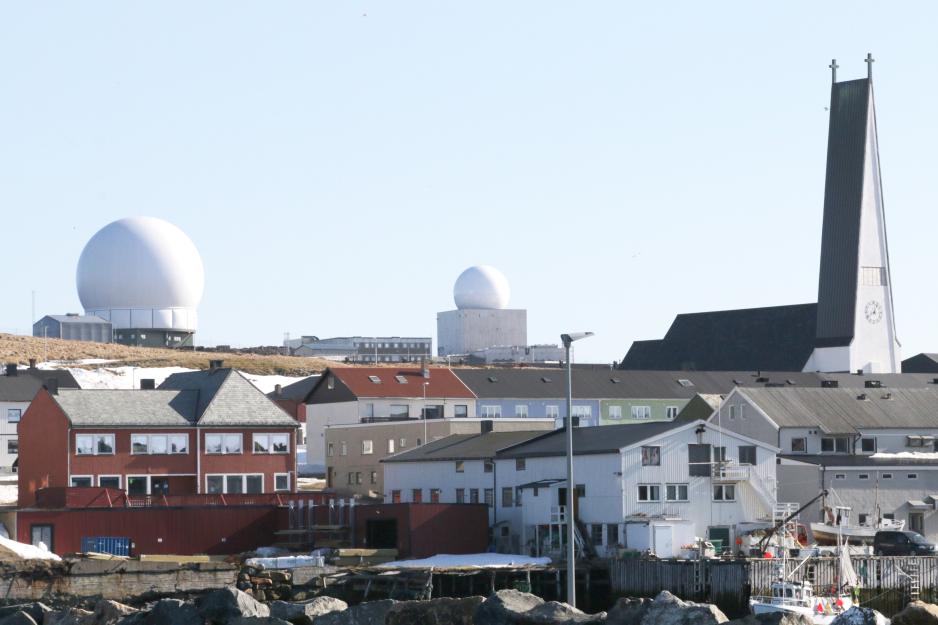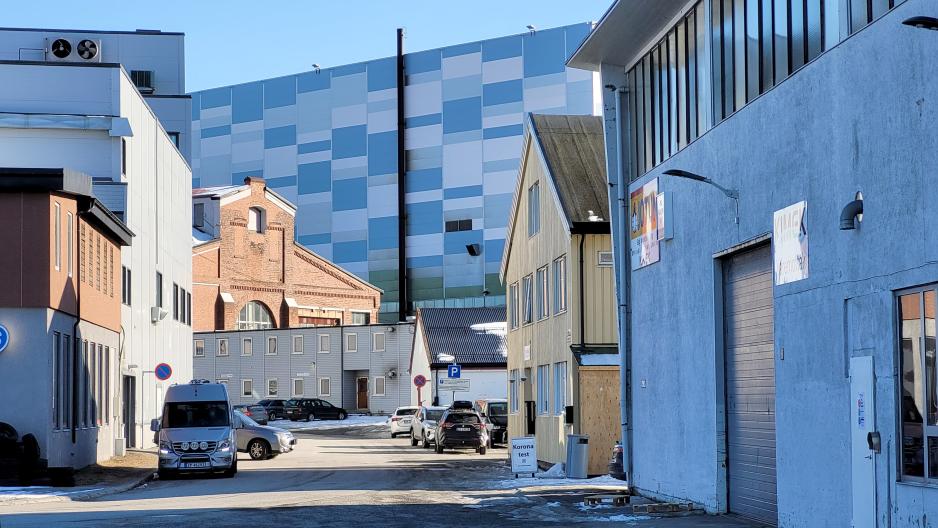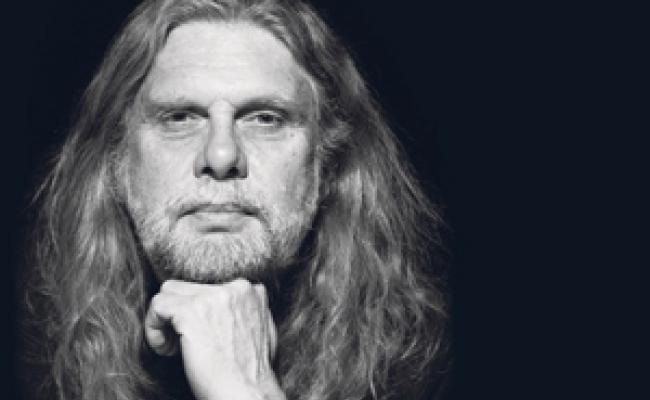Arne O. Holm says As A Northerner, I Appreciate Time to Think Even When Europe is on Fire

Norway’s role in NATO is first and foremost to be a listening post towards the Russian nuclear fleet, like here in Vardø. (Photo: Arne O. Holm)
Commentary: Norwegian Prime Minister Jonas Gahr Støre is accused of dragging his feet when it comes to sanctions against Russia. Our ports are not shut for Russian fishing vessels fast enough, and weapon supplies from Norway to Ukraine arrive too little and too late. There may be good reasons for that. As a northerner, I appreciate time to think – even when Europe is on fire.
Norway was quick to put a halt to institutionalized research cooperation between Russia and Norway.
No discussion
On 4 March, research cooperation was put on hold, almost without any form of processing, lest say impact assessment. We never had time to discuss the significance of research for a potential Russian opposition, or the consequences of suddenly wasting decades of climate research.
Cultural cooperation between Norway and Russia was put on hold equally fast, if not as formally. In reality, it came to an abrupt halt.
It was apparently an easy process, one in which no Norwegian economic interests were at stake. We simply rested on a principal attitude without our having a preceding principal discussion.
Nor were we much troubled by Russian oligarchs in our local marinas.
A principal attitude without a preceding principal discussion
Things turned more complicated as the EU expanded its sanctions. Two issues proved particularly tricky; the issue of Russian fishing vessels’ access to Norwegian ports, and the issue of Norwegian weapon assistance. When these decisions dragged on, the government was criticized.
“The Norwegian model”
However, there may be good reasons to take the time needed to find the “Norwegian model” in these two areas.
Being a NATO country sharing border with Russia, Norway is in a particular situation, also when it comes to direct weapon support to Ukraine. There is a difference between sending weapons from the USA to Ukraine to fight Russia, and sending weapons from a country with the enemy’s nuclear weapons stored just miles from the border. Norway’s role in NATO has first and foremost been to be a listening post towards the Russian nuclear fleet, in addition to being an Arctic training camp for NATO forces.
That has been possible because Norway has combined firmness and predictability with cross-border dialogue.
The analysis of what consequences our location will have when it comes to weapon supplies to a country being attacked by Russia was not necessarily finished on that day when Russia invated Ukraine. At least NATO understands that, not least because Norway’s role in NATO is different from that of the other NATO countries.

Kimek depends on the fishing fleet from Russia. The shipyard is located right in the middle of downtown Kirkenes. (Photo: Arne O. Holm)
As the war against Ukraine escalated, Norway too became an active supplier of weapons, even if we were not at the front of that line.
Economic interests
The question about fishing ports is different, yet more complicated than what critics may admit.
The critics are right in that it is about economic interests.
Also about economic interests.
That applies not least to Kirkenes, an already very vulnerable town in which cornerstone companies such as e.g. Kimek are financially dependent on the Russian fishing fleet, and therefore vehemently argue to the government that it should not close Norwegian ports for Russian vessels.
That, however, is a challenge that is not larger than its being solvable through a national budget that, lacking more overall and strategic tools, at present appears more than willing to pay its way out of the economic troubles in Eastern Finnmark.
Do scientific sanctions have a detrimental effect on authoritarian regimes
However, the issue about whether or not to shut the ports is about far more than economic and demographic challenges. It is also about the Norwegian-Russian fisheries cooperation.
South Africa
It is about the management of one of the world’s largest food storages and about a cooperation that has survived every previous crisis between the East and the West.
It has done so because both Norway and Russia have shared interests as well as their respective national interests in both resource management and dialogue.
There are therefore good reasons why the Norwegian government takes its time to chisel out a “Norwegian” sanction model in areas in which we have a particular position when it comes to Russia.
During the sanctions against the apartheid regime in South Africa in the 1970s and 1980s, Norwegian shopowners continually violated the international boycott through transporting oil to the racist regime.
However, we were obedient to the cultural and scientific boycott. We were so because we were encouraged to be by the oppositional forces in South Africa, not because we believed it to be defining in the struggle against apartheid.
All in all, it is hard to find good arguments for why cultural and scientific sanctions would be detrimental to authoritarian regimes.
A potential rushed decision to halt scientific and cultural cooperation is nevertheless not an argument for rushed decisions in more demanding areas.
More from Arne O. Holm
This commentary was originally published in Norwegian and has been translated by HNN's Elisabeth Bergquist.


